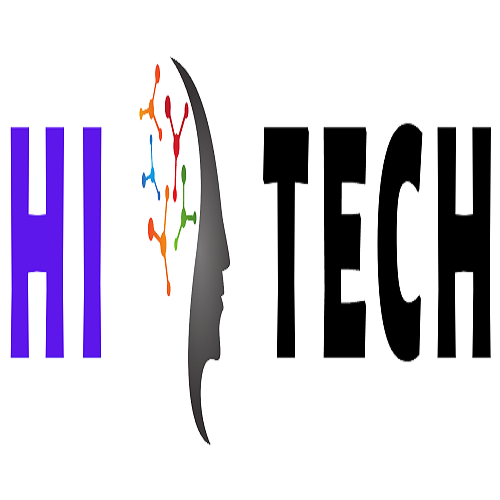Introduction:
Cities
are growing at an unprecedented pace, and by 2050, it is estimated that 68% of
the world's population will live in urban areas. As cities continue to grow, it
becomes increasingly important to address the challenges associated with
urbanization, such as traffic congestion, air pollution, and inadequate
infrastructure. To tackle these issues, cities are turning to smart city
technology, which uses data, analytics, and automation to create more
sustainable and efficient urban environments.
What is a Smart City?
It
is a city that is connected, responsive, and sustainable. A smart city collects
data from a variety of sources, such as sensors, mobile devices, and social
media, and uses that data to improve city services, reduce costs.
The Benefits of Smart City Technology:
Smart
city technology offers a range of benefits, including:
Improved Quality of Life: Smart city technology can improve
the quality of life for citizens by providing better access to services and
amenities. For example, smart transportation systems can reduce travel times
and improve the reliability of public transport. Smart waste management systems
can reduce the amount of waste generated and improve the cleanliness of the
city.
Increased Efficiency: Smart city technology can increase
the efficiency of city services, reducing costs and improving service delivery.
For example, smart lighting systems can reduce energy consumption and
maintenance costs. Smart water management systems can reduce water waste and
ensure a reliable water supply.
Environmental Sustainability: Smart city technology can help
reduce the environmental impact of urbanization. Smart energy management
systems can reduce energy consumption and greenhouse gas emissions.
Economic Growth: Smart city technology can also drive economic
growth by creating new business opportunities and improving the competitiveness
of cities. For example, smart city technology can attract new businesses and
entrepreneurs by providing a favorable environment for innovation and growth.
Examples of Smart City Technology:
There
are many examples of smart city technology in use today, including:
Smart Transportation Systems: Smart transportation systems use
data and analytics to optimize the flow of traffic, reduce congestion, and
improve the reliability of public transport. Examples include traffic
management systems, real-time public transport information systems, and smart
parking systems.
Smart Energy Management Systems: Smart energy management
systems use data and automation to reduce energy consumption, increase energy
efficiency, and promote the use of renewable energy sources. Examples include
smart grids, energy storage systems, and energy-efficient buildings.
Smart Waste Management Systems: Smart waste management
systems use data and automation to reduce waste generation, improve waste
collection, and promote recycling. Examples include smart bins, waste sorting
systems, and recycling incentive programs.
Smart Water Management Systems: Smart water management
systems use data and automation to reduce water waste, ensure a reliable water
supply, and promote water conservation. Examples include smart irrigation
systems, leak detection systems, and water quality monitoring systems.
Challenges of Implementing Smart City Technology:
Despite
the many benefits of smart city technology, there are also challenges
associated with its implementation. These challenges include:
Privacy and Security Concerns: Smart city technology
collects a vast amount of data about citizens, which raises privacy and
security concerns. It is essential to ensure that the data collected is secure
and that citizens' privacy is protected.
High Implementation Costs: Smart city technology can be
expensive to implement, requiring significant investment in infrastructure,
hardware, and software.
Lack of Standardization: There is currently no
standardization of smart city technology, which makes it difficult to integrate
different systems and technologies.
Lack of Skilled Labor: There is a shortage of skilled
labor in the field of smart city technology, making it challenging to find and
hire qualified professionals to design, implement, and maintain these systems.
Limited Citizen Participation: Citizen participation is
crucial to the success of smart city technology, as citizens' feedback and
input can help ensure that these systems are designed and implemented in a way
that meets their needs. However, there is often limited citizen participation
in the development and implementation of smart city technology.
Conclusion:
Smart
city technology offers many benefits, including improved quality of life,
increased efficiency, environmental sustainability, and economic growth.
However, there are also challenges associated with its implementation,
including privacy and security concerns, high implementation costs, lack of
standardization, shortage of skilled labor, and limited citizen participation.
Addressing these challenges will be crucial to the success of smart city
technology in creating sustainable and efficient urban environments. As cities
continue to grow, smart city technology will play an increasingly important
role in shaping the future of urbanization.








0 Comments